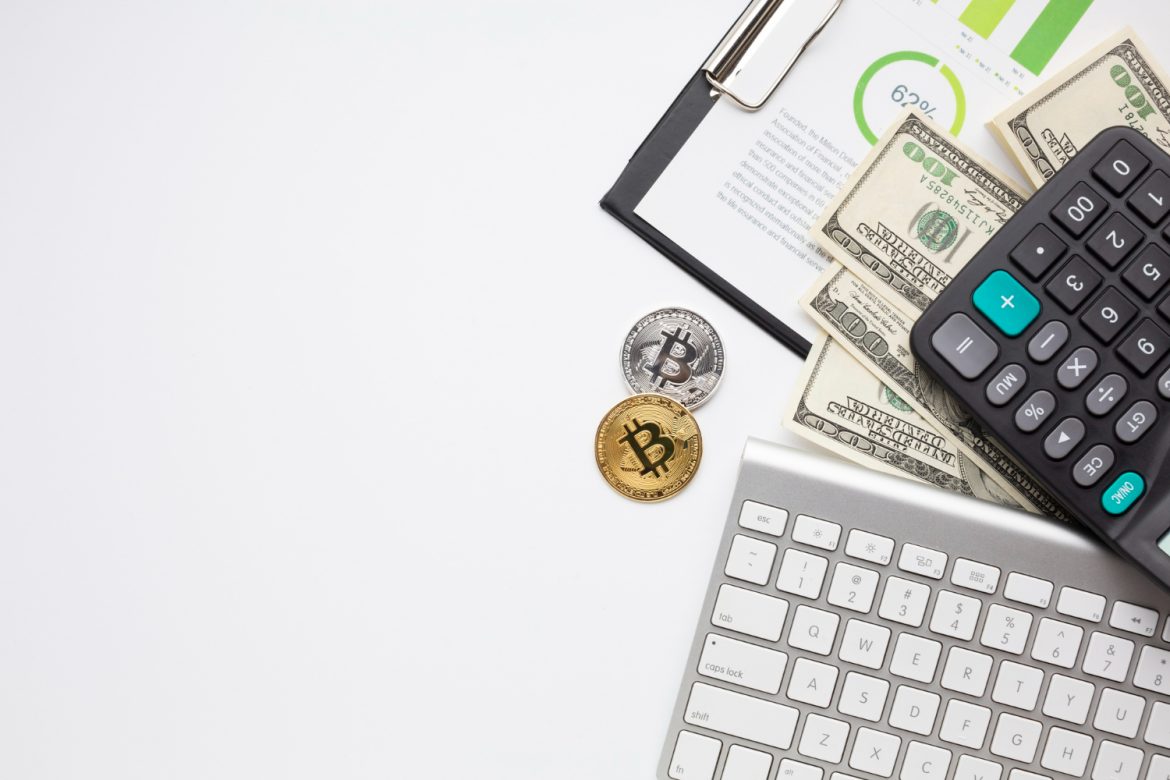Consumers are faced with changing electricity and heat tariffs in the context of volatile resource prices and changes in infrastructure. Rising energy costs can affect household economies, especially during cold seasons and regions with high consumption. Analysts advise paying attention to ways to save and optimize energy costs.
Finance
Advertising
Advertising
The rise of digital payments and crypto assets raises questions about transparency, consumer protection, and financial stability among regulators. Regulatory frameworks aim to encourage innovation in the payments industry while mitigating fraud and money laundering risks. Countries are creating centralized and decentralized approaches to overseeing digital assets.
Advertising
Small and medium-sized businesses are increasingly turning to alternative sources of financing beyond traditional bank loans. Crowdfunding platforms, venture funds, and corporate bond issuance are becoming options for startups and growing companies. This allows for faster capital raising and business expansion, but requires a clear strategy and transparency.
Advertising
Monetary policy shifts impact the bond market and attract investors looking for stable income. When central banks raise rates, prices of existing bonds typically fall, while new issues offer higher yields. This creates a window of opportunity for those who can properly assess maturity and credit risk.
Advertising
Inflation continues to have a significant impact on consumers’ pockets in many countries. Rising prices for food, housing, and energy are reducing families’ real income and changing their daily spending. Economists note that budget adjustments and spending reallocations are becoming common practice for households even in the face of moderate inflation.
Advertising





